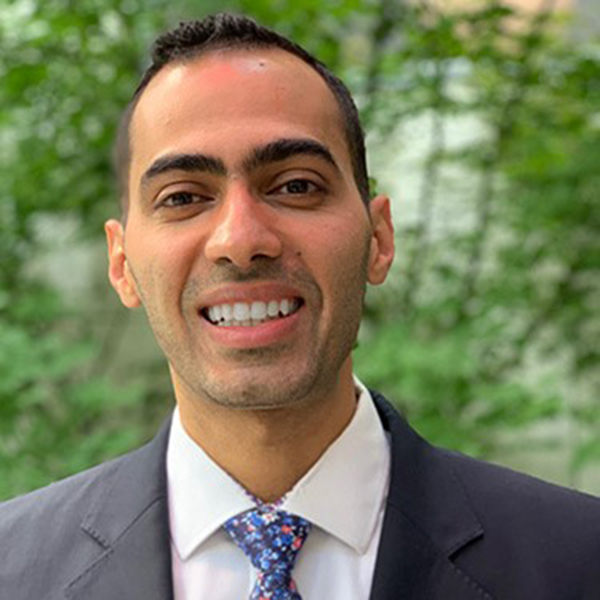Beyond the Standard Metrics in Fellowship Applications

The road to becoming a cardiologist is long: pre-medicine, medical school, residency, fellowship and then perhaps an advanced fellowship or two. At each stage, we feel a sense of confidence in our skills, just to return to square one again with each new advancement. We have to cross checkpoints at each level – checkpoints that are not just clinical and academic, but also emotional and financial.
The road is not just long with checkpoints, but also winding with bumps and potholes from inequities and implicit biases. Cardiology applicants often check the merit box given the competitive nature of the field. Yet, I often wonder how effective the current system is in selecting applicants with the most potential, and how the selection process reflects on inequities in the field. Notably, program directors (PDs) have a pivotal role in this process, as the decisions they make when selecting applicants may have long-term ripple effects throughout applicants' careers.
Our culture is shifting to highlight the importance of diversity and the wealth it can bring to the work environment. However, applicants from non-stereotypical backgrounds can at times be dismissed during the selection process. For example, an unfamiliar name or photo of an applicant can trigger implicit bias. The potential bias introduced by the name or photo, which are irrelevant to the selection process, may cloud merit and achievement.

Additionally, many programs filter out foreign medical graduates regardless of objective qualifying data that may demonstrate their academic excellence. To be considered competitive, foreign graduates must secure multiple clinical/research electives, while often struggling with visa and travel restrictions, moves across different countries and states, financial burdens, and no family support. Despite the adversities, many foreign graduates contribute pivotal changes to the field when the door of opportunity opens to them.
Similarly, numerous impressive women in cardiology come to mind as role models. One of my fondest memories at ACC.18 was when the presidents of the European Society of Cardiology, Canadian Cardiovascular Society, and ACC were on the stage together – and were all women. However, cardiology still remains a male-dominated field, and women are too often overlooked despite demonstrating excellent competency and leadership.
Lastly, elitism remains a hurdle towards equal opportunities in cardiology. Applicants from well-known institutions may have access to more opportunities and quality mentorship, while those from smaller institutions may at times not be seen beyond their institution's name. However, these latter applicants may demonstrate their commitment to academics and potential for advancement of the field by gleaning all that is available at their institution, hence signaling their potential despite limited resources and opportunities.
It is time for cardiology to rethink its own admission metrics and shift gears towards using more personalized, non-traditional and multifactorial metrics to assess the abilities of applicants. Apart from merit and achievement, I believe an applicant's background, experience, potential and determination should be just as important. PDs have the platform to affect such change. Rather than using traditional filters in the selection process, PDs should consider new processes for evaluation. One consideration would be blinding the name, photo, gender and background of applicants to reduce potential bias. My desire for such a systemic change in the application process stems from biases encountered in my personal experience going from one training program to another. Therefore, I aspire one day to be part of opening the pipeline of diversity and equal opportunities by being the change I hope to see as a PD shaping the field of cardiology.

